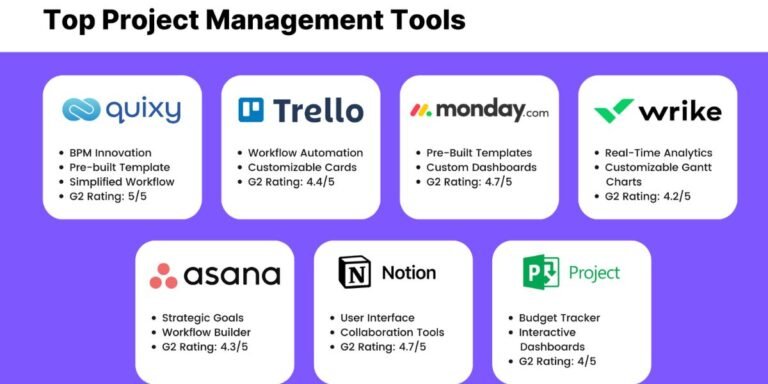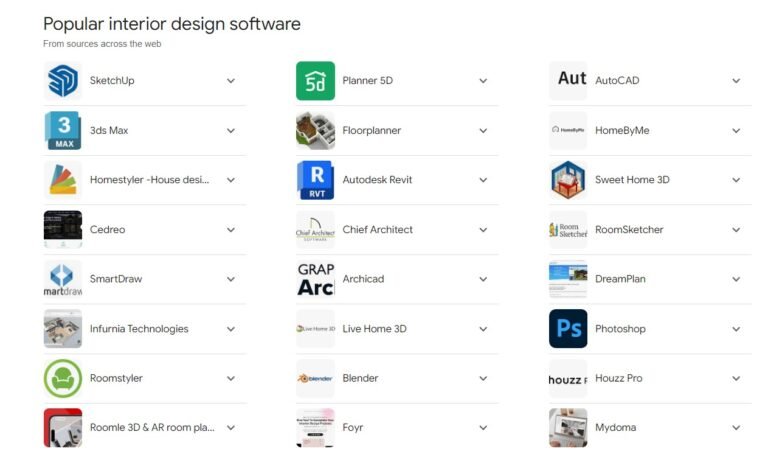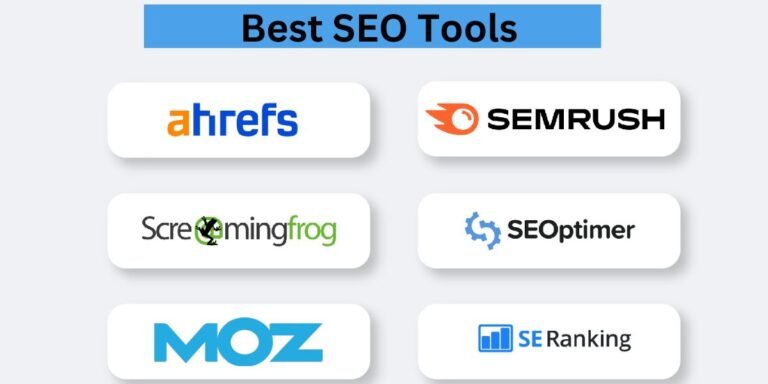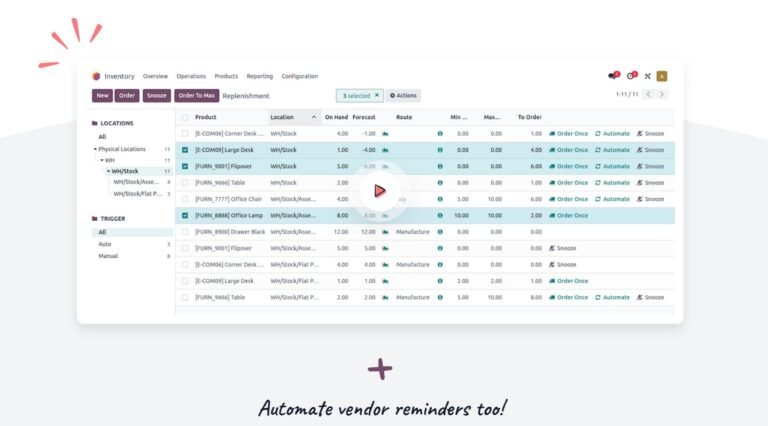Best Project Management Software for 2024: Reviewed & Curated
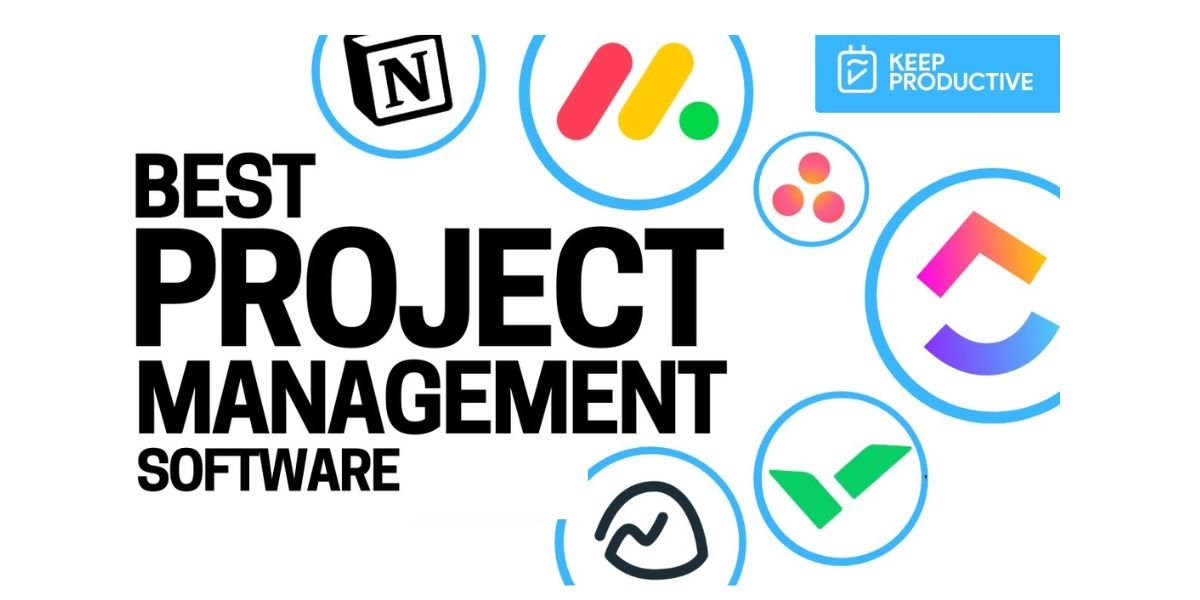
Finding the right project management software for your startup can be a game-changer. It’s not just about the bells and whistles; it’s about finding a tool that aligns with your team’s workflow, boosts productivity, and scales as your business grows.
But with countless options out there, how do you pick the perfect one? Let’s dissect the most promising ones in the market, focusing on their unique features, benefits, and potential drawbacks.
Quick List of The Best Project Management Software for Startups
- Onethread: The simplest and most affordable all-in-one solution meeting every early-stage workflow need.
- ClickUp: Best for rapidly scaling startups seeking robust customization.
- Trello: Best introductory solution for basic project oversight.
- Asana: Best for startups wanting advanced workflows and automation.
- Monday.com: Best for data-driven startups linking strategy with work.
- Airtable: Best for non-technical users needing flexible no-code buildouts.
- Basecamp: Best for lean teams focused on essential collaborative features.
- Wrike: Best for agile startups needing workflows across multiple platforms.
How Do I Choose The Right Project Management Tool? 6 Key Steps
So, how do you zero in on the perfect project management tool for your startup? Let’s delve into the six crucial steps to guide your decision-making process.
Firstly, you’ve got to conduct a feature comparison. Identify your business needs and compare them against the functionalities of different tools. It’s not about the quantity of features, but whether they align with your startup’s goals.
Secondly, consider user feedback. Reviews from other startups or businesses similar to yours can provide invaluable insight. They’ve walked in your shoes and can help you avoid potential pitfalls.
Thirdly, budget considerations are paramount. As a startup, you’re likely working with limited resources. Ensure the tool you select provides value for money, without compromising key features.
Fourthly, look into integration options. Your chosen tool should seamlessly blend with your existing tech stack. It’s about enhancing efficiency, not creating additional work.
Fifthly, consider the scalability potential. As your startup grows, your tool should be able to keep up. You don’t want to be switching platforms mid-way through a growth spurt.
Why should startups use project management tools?
Startups should use project management tools tools provide a structure to manage your tasks, making your operations more streamlined and efficient. They’re not just a fancy add-on, they’re essential for your business’ growth.
The benefits of project management tools include:
- Increased efficiency: They automate repetitive tasks, freeing up time for you to focus on strategic decisions.
- Improved communication: Everyone in the team knows who’s doing what, when and why, avoiding misunderstandings.
- Better organization: With everything in one place, it’s easier to monitor progress and stay on top of deadlines.
- Enhanced collaboration: Share files, discuss ideas, solve problems together – all within the same platform.
- Scalability and growth: As your startup grows, these tools grow with you, adapting to your changing needs.
8 Best Project Management Software For Startups In 2024
Given the essential role that project management tools play in the success of a startup, it’s crucial to choose the right one for your unique needs in 2024.
Here is a list of review articles focusing on project management tools, including Teamwork.com, Asana, Trello, ClickUp, Wrike, Zoho Projects, Basecamp, and Jira.
1. Teamwork.com: Comprehensive Project Management for Teams
- Overview: Teamwork.com is a robust project management tool designed to help teams plan, track, and collaborate on projects.
- Key Features: Task management, time tracking, project templates, Gantt charts, resource management, collaboration tools.
- Pros: Comprehensive features, easy to use, strong collaboration tools, excellent customer support.
- Cons: Can be expensive for smaller teams, occasional performance issues.
- Verdict: Ideal for medium to large teams looking for a comprehensive project management solution with strong collaboration and tracking features.
2. Asana: User-Friendly Project Management and Task Tracking
- Overview: Asana is known for its user-friendly interface and powerful task management features, making it a popular choice for teams of all sizes.
- Key Features: Task management, project timelines, workflow automation, collaboration tools, reporting, integrations.
- Pros: Easy to use, flexible, strong integration options, robust task tracking.
- Cons: Limited advanced features, higher pricing for premium plans.
- Verdict: Perfect for teams looking for a user-friendly and flexible project management tool with strong task tracking and collaboration features.
3. Trello: Simple and Visual Project Management
- Overview: Trello uses a visual, card-based system to help teams organize and manage their projects with ease.
- Key Features: Kanban boards, card-based task management, collaboration tools, Power-Ups (integrations), customizable workflows.
- Pros: Intuitive and visual interface, easy to use, highly customizable, free version available.
- Cons: Limited advanced features, may not be suitable for complex projects.
- Verdict: Best for small teams and individuals looking for a simple, visual, and highly customizable project management tool.
4. ClickUp: All-in-One Productivity Platform
- Overview: ClickUp is an all-in-one productivity platform that offers a wide range of features to manage tasks, projects, and workflows.
- Key Features: Task management, goal tracking, time tracking, document management, collaboration tools, integrations.
- Pros: Comprehensive feature set, customizable, affordable pricing, strong integration options.
- Cons: Can be overwhelming for beginners, occasional performance issues.
- Verdict: Ideal for teams of all sizes looking for a comprehensive and highly customizable project management and productivity tool.
5. Wrike: Flexible and Powerful Project Management
- Overview: Wrike offers flexible project management solutions with powerful features to help teams manage complex projects and workflows.
- Key Features: Task management, project timelines, resource management, collaboration tools, reporting, integrations.
- Pros: Flexible and powerful, strong reporting features, customizable, good integration options.
- Cons: Steep learning curve, higher pricing for advanced features.
- Verdict: Best for medium to large teams needing a powerful and flexible project management tool for complex projects and workflows.
6. Zoho Projects: Affordable and Comprehensive Project Management
- Overview: Zoho Projects provides an affordable and comprehensive project management solution with a range of features for planning, tracking, and collaboration.
- Key Features: Task management, Gantt charts, time tracking, collaboration tools, document management, integrations.
- Pros: Affordable pricing, comprehensive features, strong integration with other Zoho products, easy to use.
- Cons: Limited customization options, occasional performance issues.
- Verdict: Ideal for small to medium-sized teams looking for an affordable and comprehensive project management solution with strong integration options.
7. Basecamp: Simplified Project Management and Team Collaboration
- Overview: Basecamp focuses on simplifying project management and team collaboration with its easy-to-use interface and essential features.
- Key Features: Task management, message boards, document sharing, schedules, real-time chat, automatic check-ins.
- Pros: Simple and intuitive interface, strong collaboration tools, flat pricing model, easy to use.
- Cons: Limited advanced features, not suitable for complex projects.
- Verdict: Best for small teams and organizations looking for a simple, intuitive, and affordable project management and collaboration tool.
8. Jira: Advanced Project Management for Software Development
- Overview: Jira, developed by Atlassian, is designed for software development teams, offering advanced project management and issue tracking features.
- Key Features: Issue tracking, Agile boards (Scrum and Kanban), project planning, reporting, integrations, customizable workflows.
- Pros: Advanced features for software development, strong Agile support, highly customizable, powerful integrations.
- Cons: Steep learning curve, can be expensive for larger teams.
- Verdict: Ideal for software development teams looking for an advanced project management tool with strong issue tracking and Agile support.
Frequently Asked Questions
Are There Free Project Management Software Options Suitable for Startups?
Yes, there’re free project management software options suitable for startups. However, you’d compare features, scalability, customization options, and user experience against paid ones to see what’s best for your growing business.
How Do Project Management Tools Integrate With Other Business Software?
Project management tools integrate with other software through their integration capabilities. They provide collaboration features, customization options, reporting functionalities, and security measures to streamline your business operations and enhance team productivity.
What Kind of Customer Support Can I Expect From Project Management Software Providers?
You can expect comprehensive customer support from project management software providers. They’ll typically offer live chat, email, and phone support. Additionally, they’ll provide help center resources and video tutorials to assist you.
Can Project Management Software Assist in Remote and Hybrid Working Environments?
Yes, project management software can assist in remote and hybrid working environments. It enhances team collaboration, communication, task tracking, and progress monitoring. It’s also great for agile methodology, sprint planning, and boosting productivity.
Are There Industry-Specific Project Management Software Options for Startups?
Yes, there are industry-specific project management software options for startups. They offer customizable features, scalability options, user-friendly interfaces, collaboration tools, and robust reporting capabilities, ensuring you’re set up for success from the start.
Conclusion
In conclusion, selecting the right project management software is crucial for your startup’s success. Opt for tools that offer:
- Task automation
- Advanced communication channels
- Organization capabilities
- Collaboration features
- Scalability
A software that supports Agile frameworks, real-time budget tracking, customizable dashboards, and efficient task prioritization will significantly boost your startup’s efficiency and productivity.
Make the right choice and set your startup on the path to seamless operations and successful growth.
